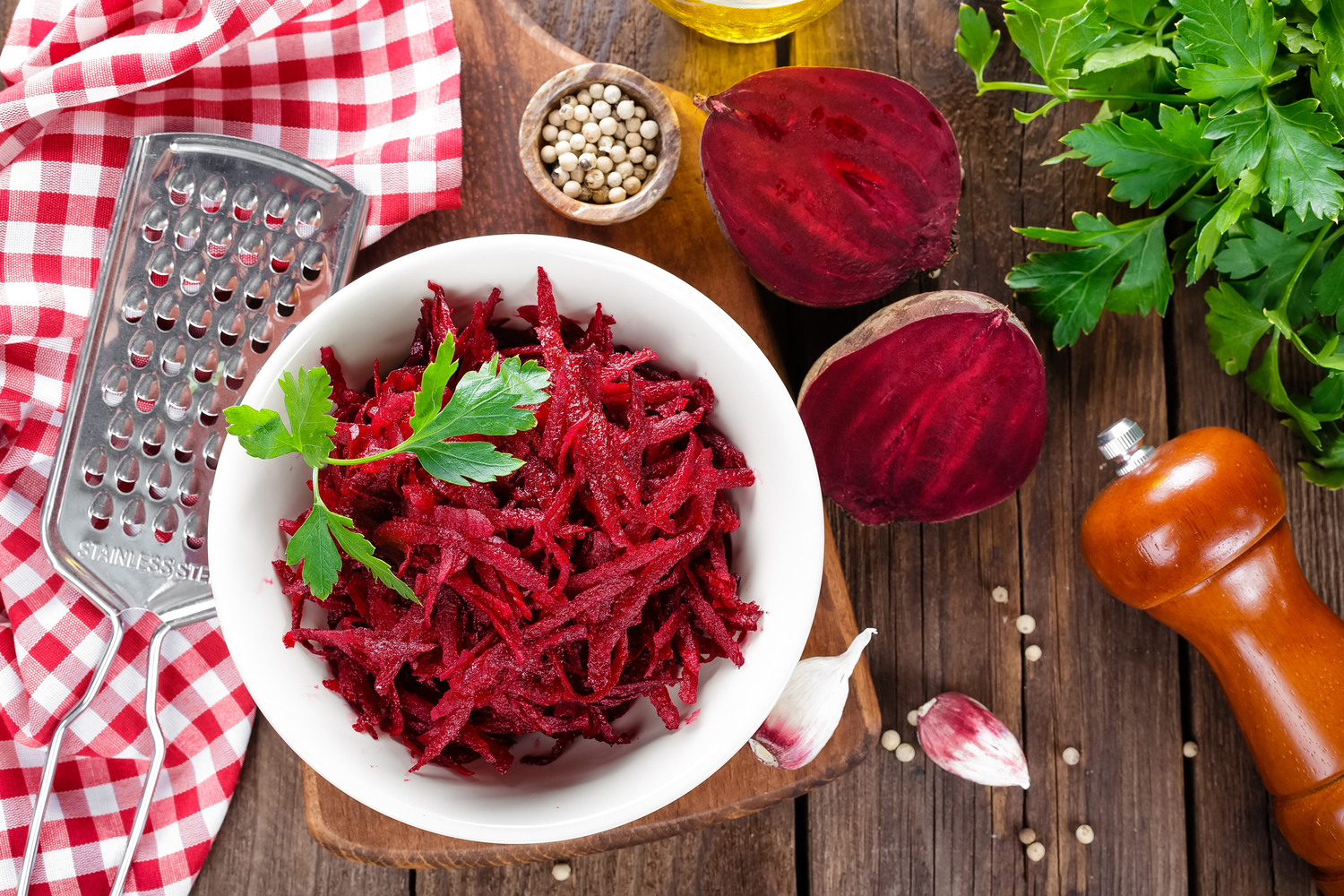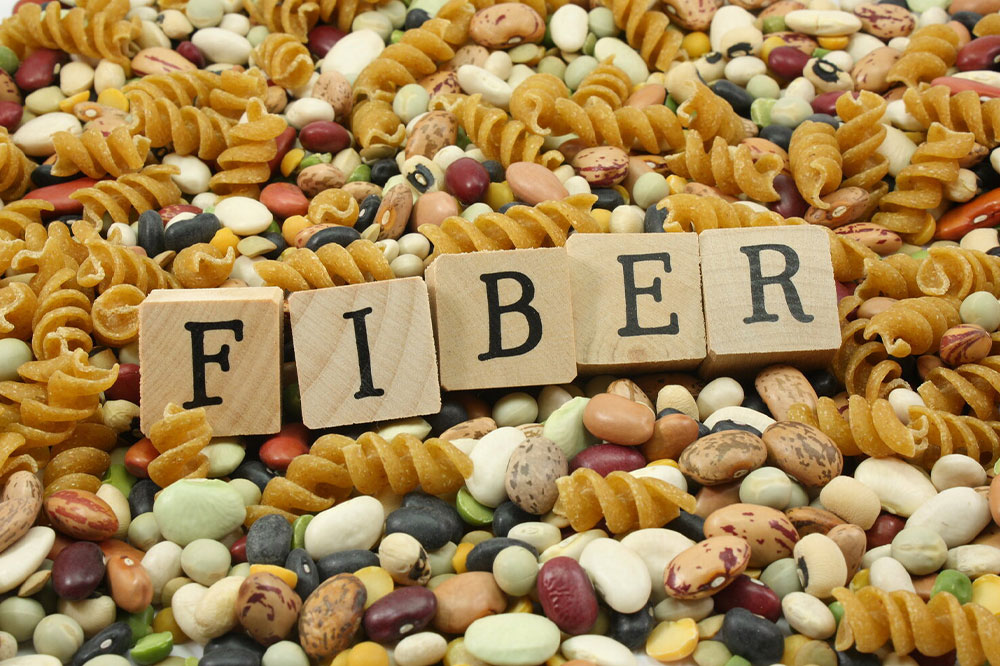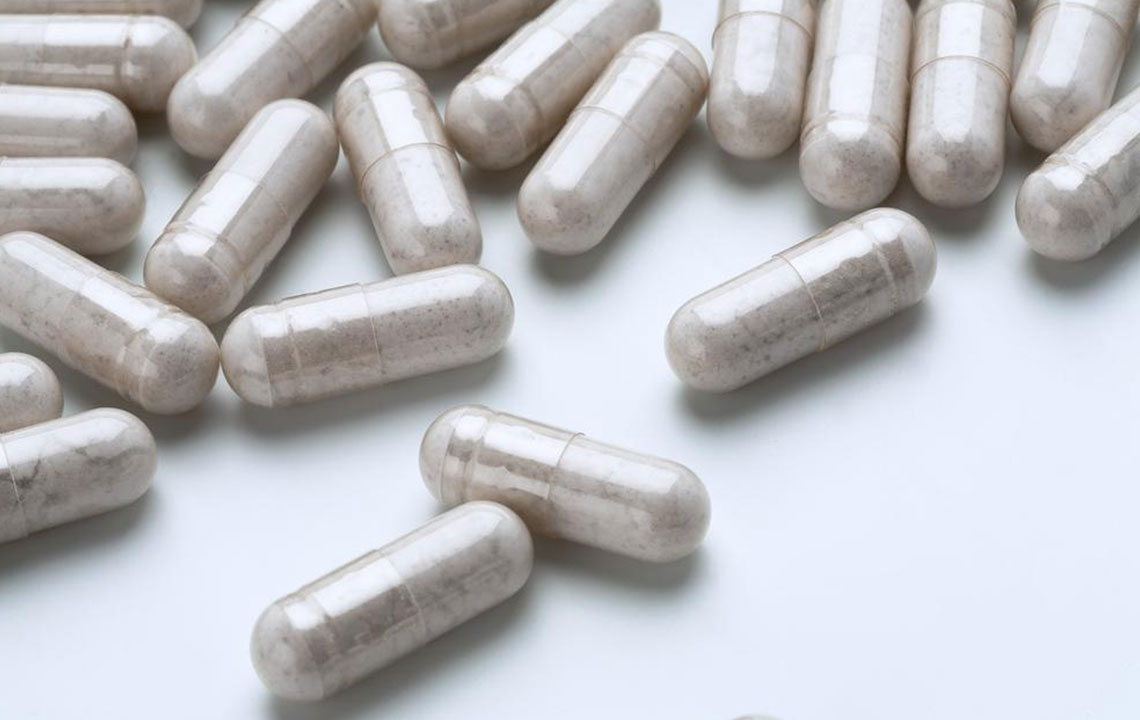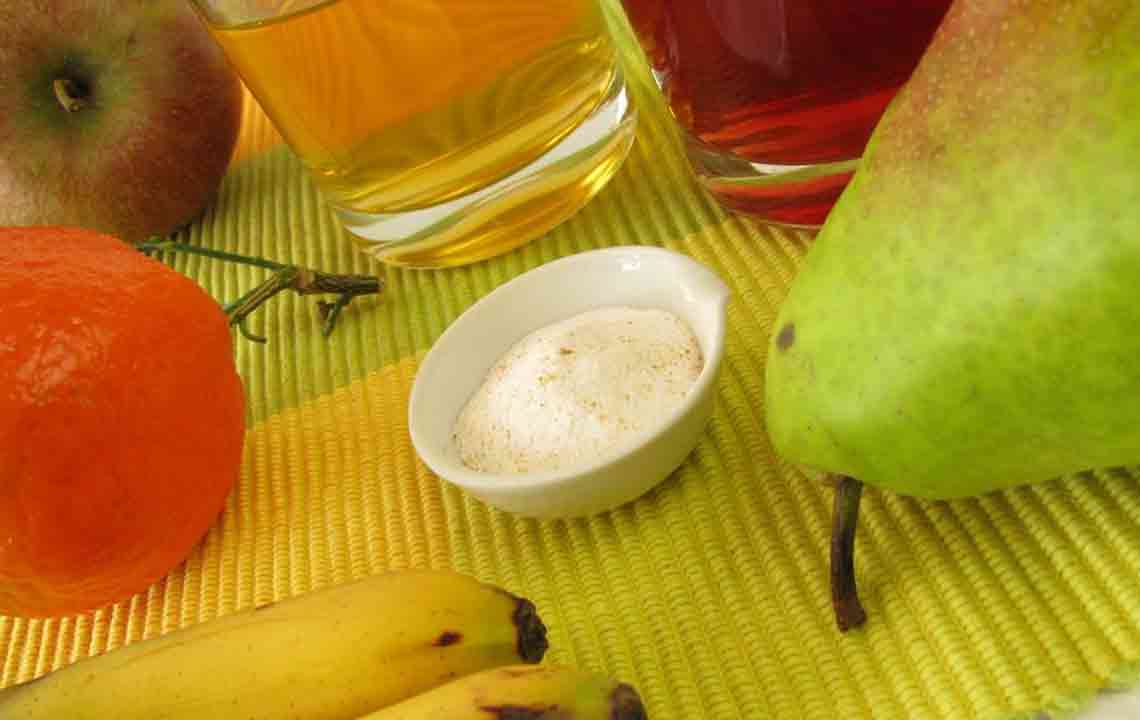Nutritional Strategies to Support Gut Health in Melanoma Care
This article highlights the importance of diet, especially high-fiber foods, in supporting gut health for melanoma patients. Emphasizing fruits, vegetables, legumes, and whole grains, it explains how dietary choices can enhance treatment outcomes. The piece encourages tracking food intake, avoiding processed foods, and consulting dietitians for personalized plans. Maintaining gut health emerges as a crucial aspect of a comprehensive melanoma treatment strategy, with nutritious eating supporting immune function and therapy effectiveness. Simple dietary adjustments can make a significant difference in patient recovery and well-being.

Dietary Tips to Enhance Gut Well-being for Melanoma Patients
Melanoma, a prevalent form of skin cancer, requires a multifaceted treatment approach that varies with disease stage. Treatments include surgical removal, medications, vaccines, immunotherapy, targeted therapy, radiation, and chemotherapy. Maintaining a nutritious diet is crucial for maximizing treatment effectiveness.
Research indicates that consuming a fiber-rich diet can boost immune responses and improve tumor reduction. A diverse gut microbiome enhances therapy success, while probiotic supplements may decrease microbial diversity. Patients should track their diet, prioritizing whole, high-fiber foods to support recovery.

Incorporating fruits and vegetables at each meal introduces essential fibers that promote gut health. For example, adding berries like blueberries, raspberries, strawberries, or blackberries to breakfasts provides beneficial nutrients. Avoid processed foods; instead, keep fresh produce accessible as healthy snacks, such as fruit salads or veggie sticks. Swapping desserts for high-fiber options like bananas, berries, or sweet potatoes can further support health. Consuming whole fruits—including eating the peels after washing—maximizes fiber intake. Vegetable smoothies and soups, e.g., broccoli or bottle gourd, are excellent choices for fiber. Legumes like kidney beans, lentils, and peas should be part of daily meals. Nuts like almonds, walnuts, pistachios, and seeds such as pumpkin and sunflower add nutrients but should be eaten in moderation. Whole grains like brown rice, barley, and whole-grain bread are good alternatives to refined carbs. A fiber-focused diet enhances treatment response and overall health, so consulting a dietitian can help craft an effective plan. Prioritize gut health during and after melanoma treatment.










